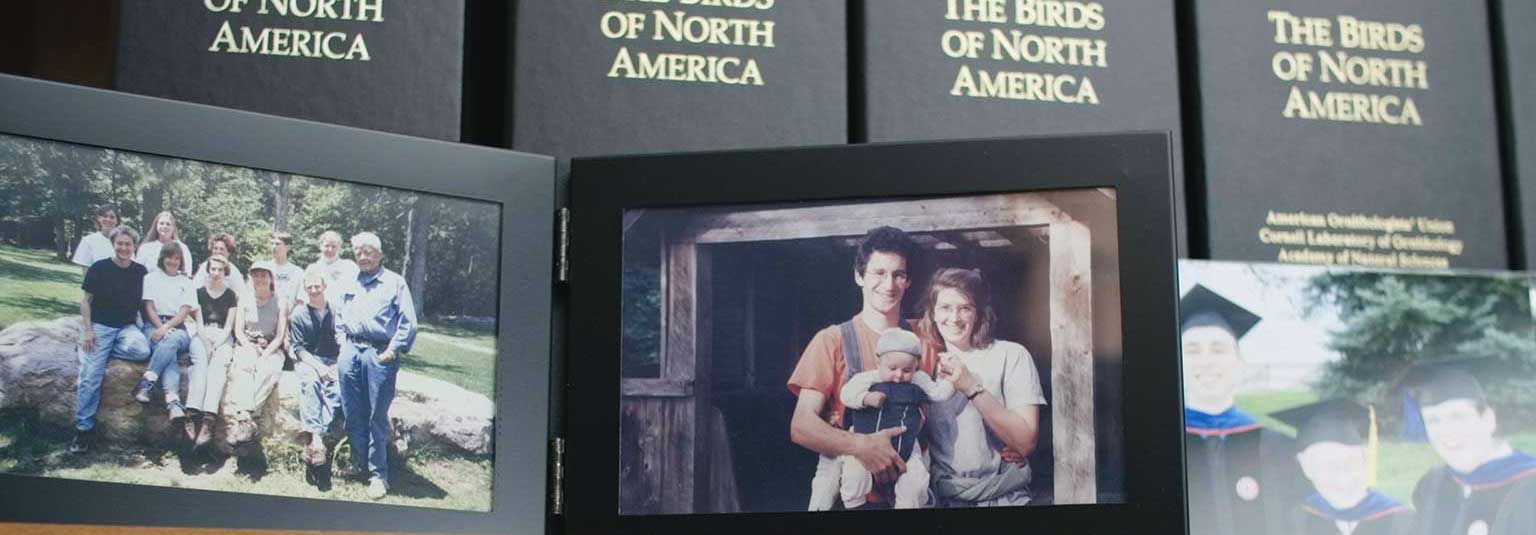Short film by Venture Productions | Summer 2019
Ellen Ketterson thinks a lot about change. As an ornithologist and biologist, she’s spent her career studying the evolution, ecology, and migratory habits of birds. She’s one of the most preeminent scholars in her field, and indeed one of the foremost experts in the entire world when it comes to certain birds in specific, most notably the dark-eyed junco. Change is the only constant in life, and the study of change has been the basis of Ketterson’s whole career.
But not all of the changes that Ketterson studies are naturally occurring. If you ask her, Ketterson can tell you in detail about a myriad of ecological and environmental changes that she’s witnessed right here in Indiana.
Ketterson should know; she’s lived in southern Indiana for more than 50 years. She earned all of three of her degrees from IU — a bachelor’s and a master’s degree in Plant Sciences, followed by a Ph.D. in Biology — and since 1977 she’s been a faculty member in the College of Arts and Science’s Department of Biology.
Ketterson also serves as the founding director of the College’s Environmental Resilience Institute (ERI), which itself is an outgrowth of the university’s Grand Challenges Program. The ERI’s mission is to provide the people of Indiana with predictions about the nature of environmental change, how it will affect our state, and how communities can address those coming changes with anticipatory solutions.
In a world of rising sea levels and shrinking resources, the ERI’s work is crucially important. Its work that affects lives not only in the here and now, but in the future, as well. Change may be the only constant in life, but not every change is inevitable. Just ask Ellen Ketterson.



